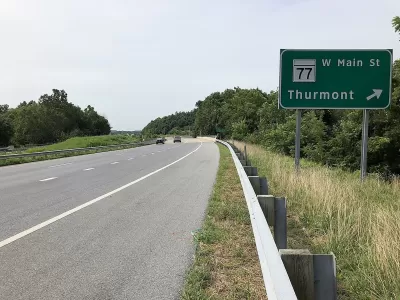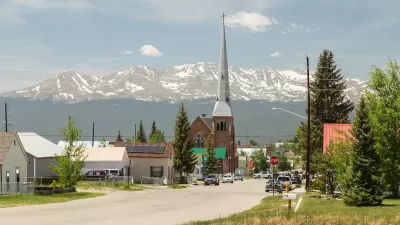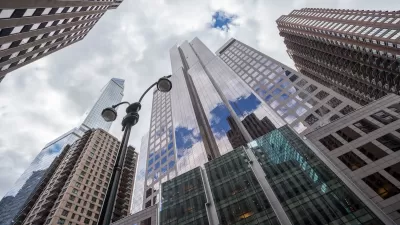A sober living house in Maryland has been repeatedly fined by the city for operating as a boarding house, begging the question, where can these facilities be located?

The owner of a sober living home says the Maryland town of Thurmont is discriminating against him after the town imposed several fines for zoning violations, reports Skyler Sales for DC News Now.
Owner Korey Shorb, who has been running the house since 2017, “claims that the fines are discriminating against them because they are a sober living house, even though the house is protected through the federal Fair Housing Act.”
In a statement, the city’s attorney said “This zoning violation relates solely to the operation of the house by a business owner as a boarding facility in a single-family R-2 zone. The R-2 zone does not permit a boarding house use.”
The case poses a broader question for similar facilities that, while viewed as boarding houses in local zoning codes, provide a secure, long-term housing option for people who may have difficulty accessing other housing opportunities.
FULL STORY: Sober house claims discrimination after receiving several fines for zoning regulations

Manufactured Crisis: Losing the Nation’s Largest Source of Unsubsidized Affordable Housing
Manufactured housing communities have long been an affordable housing option for millions of people living in the U.S., but that affordability is disappearing rapidly. How did we get here?

Americans May Be Stuck — But Why?
Americans are moving a lot less than they once did, and that is a problem. While Yoni Applebaum, in his highly-publicized article Stuck, gets the reasons badly wrong, it's still important to ask: why are we moving so much less than before?

Using Old Oil and Gas Wells for Green Energy Storage
Penn State researchers have found that repurposing abandoned oil and gas wells for geothermal-assisted compressed-air energy storage can boost efficiency, reduce environmental risks, and support clean energy and job transitions.

Updating LA’s Tree Rules Could Bring More Shade to Underserved Neighborhoods
A new USC study finds that relaxing Los Angeles’ outdated tree planting guidelines could significantly expand urban tree canopy and reduce shade disparities in lower-income neighborhoods, though infrastructure investments are also needed.

California's Canal Solar Projects Aim to Conserve Resources and Expand Clean Energy
California’s Project Nexus has begun generating electricity from solar panels installed over irrigation canals, with researchers and state agencies exploring statewide expansion to conserve water and boost clean energy production.

HHS Staff Cuts Gut Energy Assistance Program
The full staff of a federal program that distributes heating and cooling assistance for low-income families was laid off, jeopardizing the program’s operations.
Urban Design for Planners 1: Software Tools
This six-course series explores essential urban design concepts using open source software and equips planners with the tools they need to participate fully in the urban design process.
Planning for Universal Design
Learn the tools for implementing Universal Design in planning regulations.
Heyer Gruel & Associates PA
City of Moreno Valley
Institute for Housing and Urban Development Studies (IHS)
City of Grandview
Harvard GSD Executive Education
Salt Lake City
NYU Wagner Graduate School of Public Service
City of Cambridge, Maryland





























